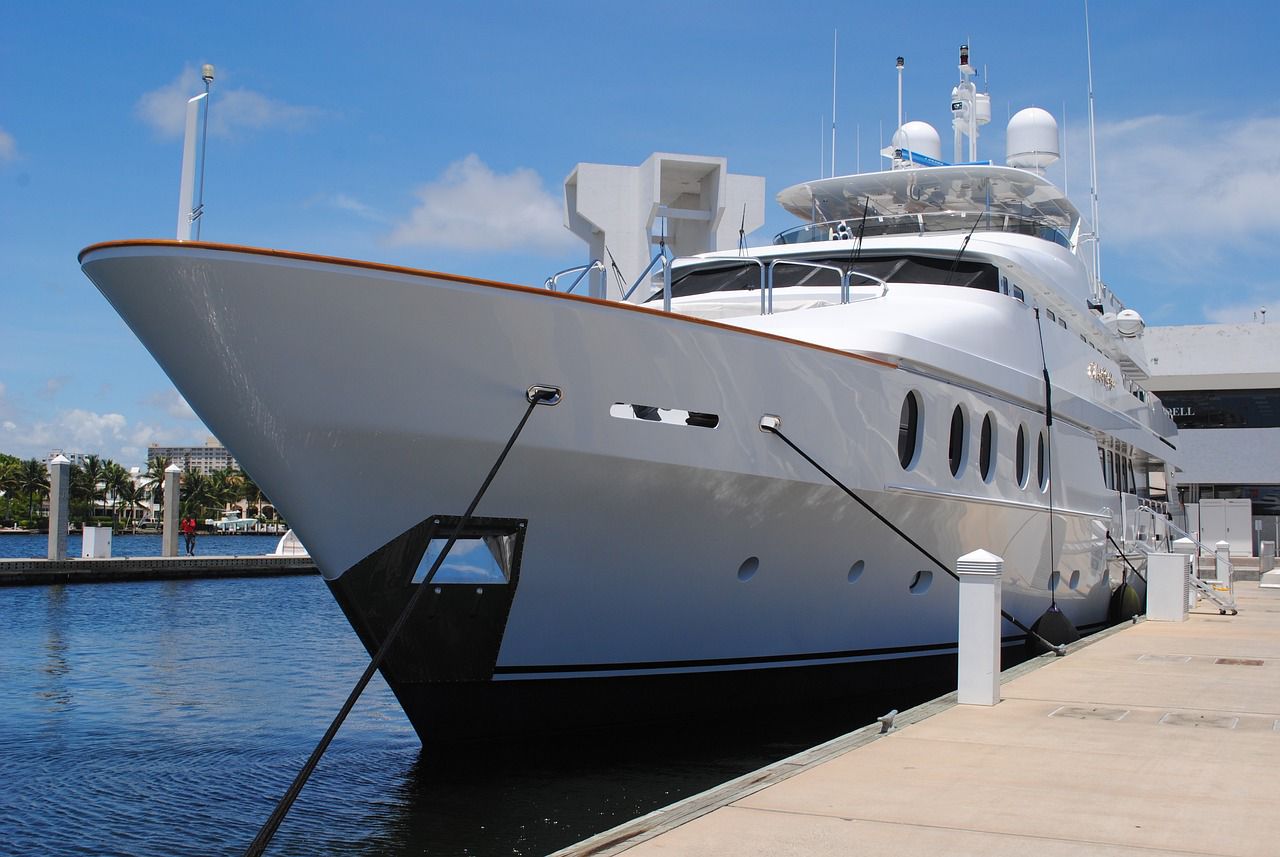Yachting offers a unique and luxurious way to enjoy the open seas, but safety should always be a top priority. Whether you’re a seasoned sailor or a first-time yacht enthusiast, adhering to essential safety precautions can prevent accidents and ensure a pleasant voyage.
1. Life Jackets and Personal Flotation Devices (PFDs)
Life jackets are non-negotiable on any yacht. Every passenger should have access to a well-fitted life jacket. It’s not just a recommendation; it’s a legal requirement in many places. Ensure everyone knows how to properly wear a life jacket and emphasize the importance of keeping them on, especially during rough weather or in emergencies. In addition, ensure that the life jackets are regularly inspected for wear and tear and that they comply with the latest safety standards.
2. Safety Briefing and Drills
Before setting sail, conduct a thorough safety briefing for all passengers and crew. This should cover the location and use of safety equipment, emergency procedures, and man-overboard protocols. Regular safety drills can reinforce this knowledge, making sure everyone knows their role during an emergency. Familiarizing everyone with the sound of alarms and the steps to take when they hear them can save lives.
3. Weather Awareness
Monitoring weather forecasts closely is crucial for a safe journey. Sudden changes in weather can pose significant dangers at sea. Equip your yacht with reliable weather monitoring systems and always have a contingency plan. If bad weather is forecasted, it’s wise to delay departure or find a safe harbor. Understanding how to interpret weather patterns and having access to real-time updates can significantly reduce the risk of encountering dangerous conditions.
4. Navigation and Communication
Modern yachts come equipped with advanced navigation and communication tools. Familiarize yourself with GPS, radar, and radio operations. Always file a float plan with a trusted person onshore, detailing your route and expected return time. This can be crucial for search and rescue operations if you encounter trouble. Ensure your communication devices are fully functional and that you have backup systems in place.
5. First Aid and Medical Supplies
A comprehensive first aid kit is a must on any yacht. Ensure that someone on board is trained in basic first aid and CPR. For extended trips, consider additional medical supplies and possibly a medical professional on board. Having the means to deal with common injuries and medical conditions can prevent minor issues from becoming major emergencies.
6. Fire Safety
Fires can spread quickly on a yacht. Equip your vessel with fire extinguishers and ensure they are easily accessible and well-maintained. Familiarize everyone on board with their locations and proper use. Additionally, be cautious with flammable materials and open flames. Regularly inspect electrical systems and engines to prevent fire hazards from arising.
7. Alcohol and Drug Use
Operating a yacht under the influence of alcohol or drugs is illegal and extremely dangerous. Impaired judgment can lead to accidents. Establish a strict no-tolerance policy for substance use while the yacht is underway. It’s essential to ensure that everyone understands the risks and adheres to the rules to maintain a safe environment.
8. Proper Maintenance
Regular maintenance of your yacht is crucial for safety. Conduct routine checks on the engine, hull, electrical systems, and safety equipment. Address any issues promptly to avoid potential hazards. Keeping a detailed log of maintenance and repairs can help identify recurring problems and ensure that nothing is overlooked.
9. Emergency Preparedness
Prepare for emergencies by having a well-thought-out emergency plan. This should include procedures for abandoning ship, dealing with medical emergencies, and handling extreme weather conditions. Ensure that everyone on board knows the location of life rafts, emergency beacons, and other critical safety equipment.
Conclusion
Yachting can be a delightful experience when safety is prioritized. By adhering to these precautions, you ensure not only your safety but also that of your passengers and crew. Remember, a safe voyage is a successful voyage. Bon voyage!


